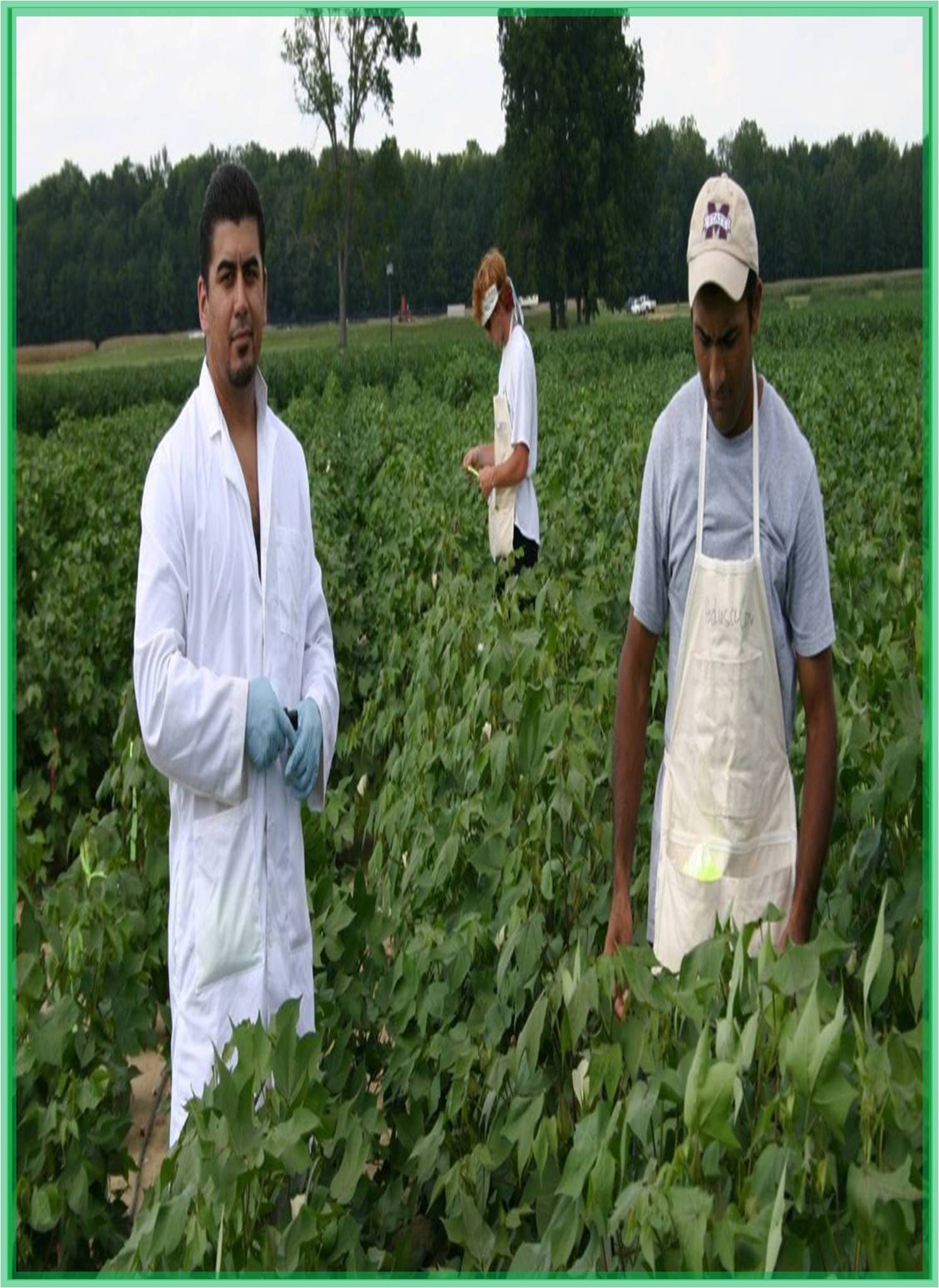



Received: 28-Feb-2022, Manuscript No. GJARR-22-59025; Editor assigned: 02-Mar-2022, Pre QC No. GJARR-22-59025(PQ); Reviewed: 15-Mar-2022, QC No. GJARR-22-59025; Revised: 19-Mar-2022, Manuscript No. GJARR-22-59025(R); Published: 31-Mar-2022, DOI: 10.15651/GJARR.22.9.3
Plant Pathogens causes plants disease and damage. Natural plant fungicides are an excellent option for maintaining plant health and maintaining organic standards.
Natural Fungicide
Fungicide containing natural products is generally considered to be environmentally friendly. They provide effective protection for your plants, but have minimal environmental impact
Sulphur
Copper
Horticulture and neem oil
Bicarbonate
Many of these natural products have been used as fungicides for hundreds or even thousands of years. Prior to the availability of commercial fungicides, many growers used simple recipes to mix ingredients to create their own fungicides.
Sulphur: Probably the oldest natural fungicide. Preventing the growth of fungal spores and applying them early enough before the disease progresses helps control rust, black spots and powdery mildew. However, there are certain crops, such as raspberries, that should not be treated with sulphur, and their use in hot climates can damage the crop.
Copper: Commonly found in natural fungicides. It kills both fungi and bacteria, not stunts. But again, copper is phytotoxic and can be harmful to plants, so the formulation is very important to mitigate the negative effects. Always use the correct diluent recommended on the label.
Gardening Oils and Neem Oils: Mainly used to control the damage of insects in the garden, but also protect against powdery mildew and some viral plant diseases. Some tree species are known to be sensitive to oil, and high temperature and humidity increase the phytotoxicity of gardening oils.
Bicarbonates: Like baking soda, they have long been used as natural fungicides. Baking soda and bicarbonate are recommended over baking soda because they are effective without the addition of oil and provide extra nutrients (nitrogen and potassium) to the plant. Sodium in baking powder (sodium bicarbonate) may accumulate and toxic to those plants.
Need of Fungicides
If you are a breeder, you know that the disease management is an important part of the process. Factory diseases are common and are effective for productivity and profitability. This disease can cause light synthesis, thus causing a leaf of plant damage that affects their plants and their plants. And as soon as the damage is complete, it is not so much until it can reverse it. Because the system is weak, the disease may also appear with low yield and quality.
Range of Activity
Single-web website online pastime in a fungicide manner that it’s far concentrated on a pathogen in a particular manner. The product may disrupt an essential metabolic pathway, inhibiting the increase of a fungus, or be formulated exactly to assault and kill it with the aid of using destroying the mobile membrane. Because of the way particular those kinds of fungicides are, they may be much less possibly to be poisonous to the plant, and much more likely to have systemic mobility, penetrating into the plant. They also can be liable to resistance, because the pathogens mutate and adapt to the particular mode of motion.
Multi-web website online pastime casts a much broader net, so it is able to have an effect on many exclusive fungi. These fungicides have a tendency to be touch products, ultimate at the floor of the plant.
It`s crucial to recognize the mode of motion and whether or not the fungicide has single-web website online or multi-web website online pastime, to decide what plant pathogens it is able to be used for. Another manner to explain that is narrow-spectrum vs. broad-spectrum fungicides. A narrow-spectrum product is simplest powerful at controlling some pathogens, at the same time as a broad-spectrum is capable of save you many exclusive kinds of fungi.
Benefits
It is one of the excellent alternatives for herbal fungicides, now no longer simply as it exams smooth and is secure for bees, however as it has no acknowledged phytotoxicity. That manner there had been no reviews of any flowers which have had negative outcomes from this fungicide.
Grower`s Ally Fungicide is formulated with food-grade citric acid. It may be adequately implemented at any level of plant increase, and with none PPE due to the fact it’s far non-poisonous. It may be utilized in diverse developing environments, such as indoor, outdoor, greenhouse, and hydroponic.
Application
This fungicide ought to be sprayed each 5-10 days relying at the case, whether or not there are already signs and symptoms of ailment or it’s far getting used as a preventive measure. For right application, spraying ought to cowl all stems and leaves, such as the undersides.